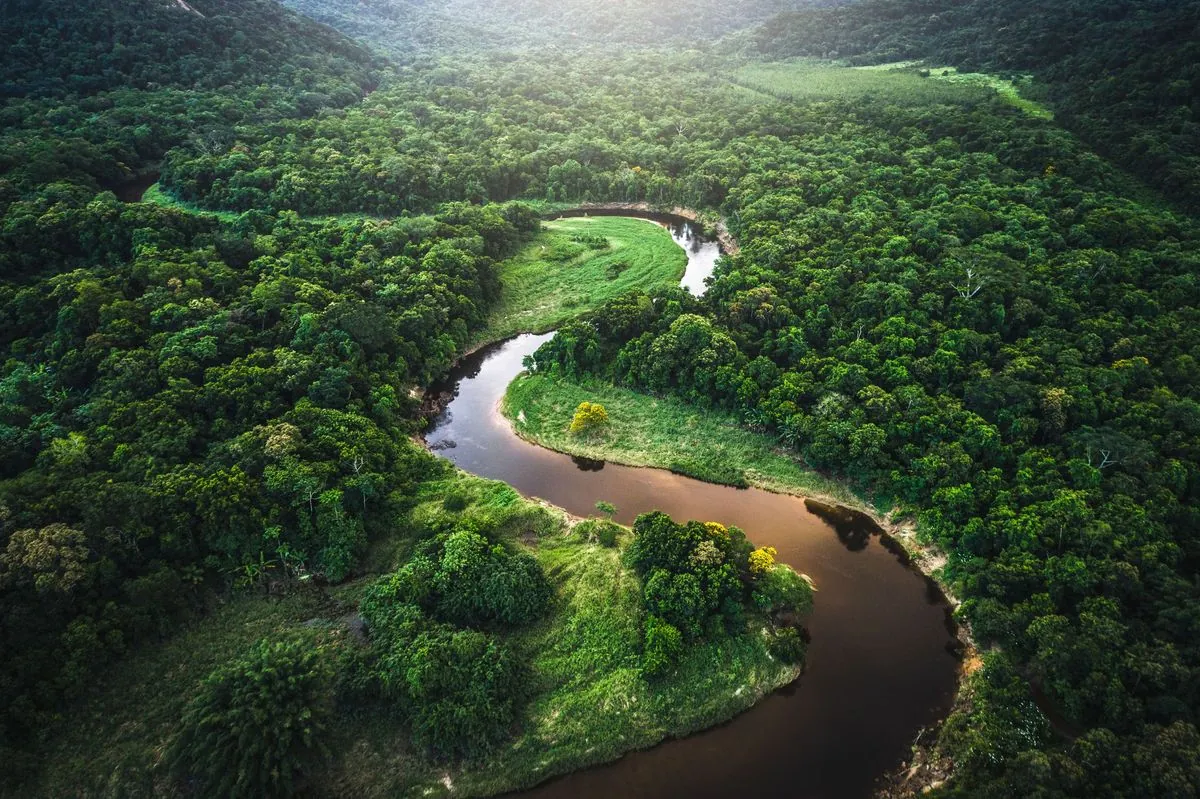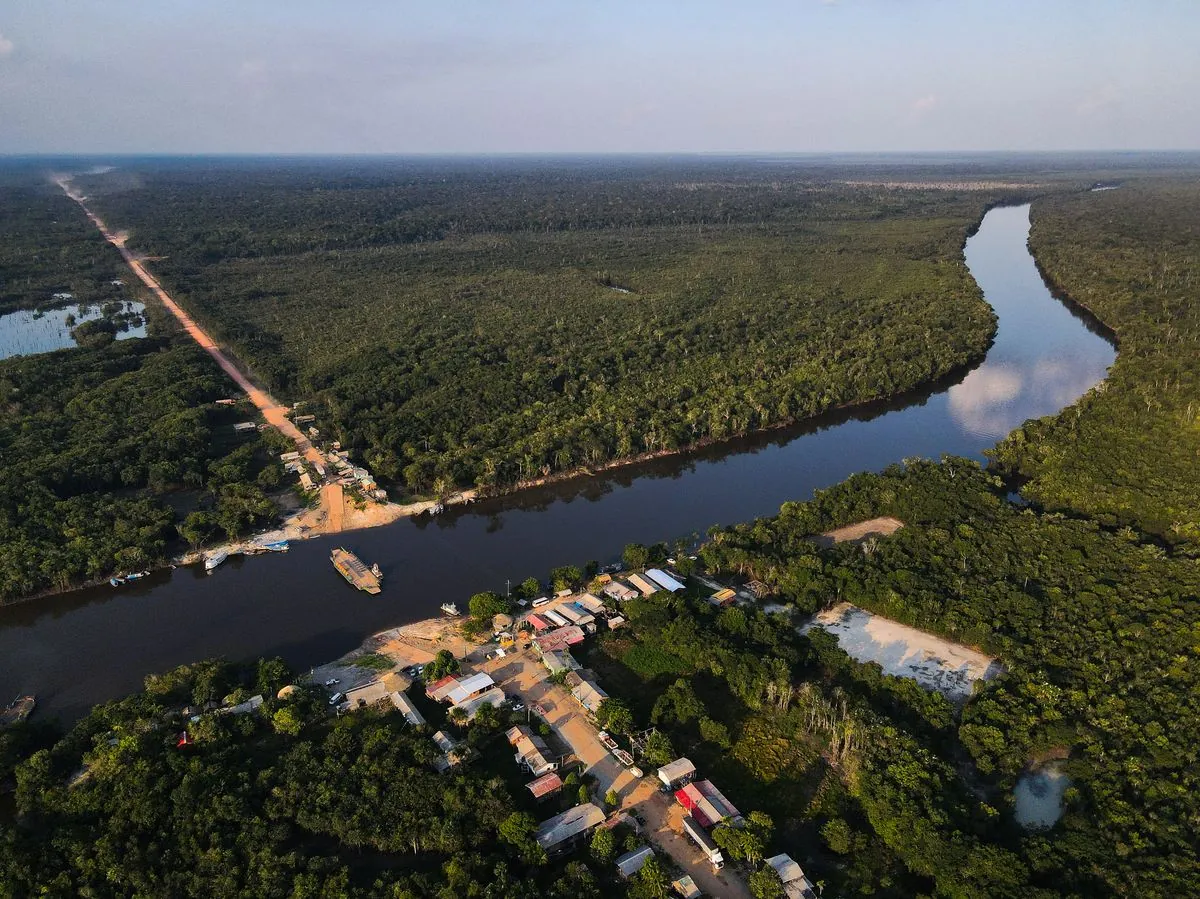Lula's Amazon Road Plan Sparks Environmental Debate Amid Severe Drought
Brazilian President Lula pledges to pave controversial Amazon road despite environmental concerns. Severe drought and wildfires affect the region, raising questions about balancing development and conservation.

In a recent visit to the Amazon, President Luiz Inácio Lula da Silva announced plans to pave the BR-319 road, sparking debate over environmental concerns and development needs. The decision comes amidst a severe drought affecting the region, highlighting the delicate balance between progress and conservation in the world's largest tropical forest.
The BR-319 roadway, connecting Amazonas and Roraima states to the rest of Brazil, has long been a point of contention. Environmentalists argue that paving the road could lead to increased deforestation in an area crucial for global climate stability. The Amazon rainforest, covering approximately 5.5 million square kilometers, produces about 20% of the world's oxygen and is home to an astounding 10% of all known species on Earth.
Lula emphasized the need to connect isolated capitals while promising responsible execution. However, environmental groups, including the Climate Observatory, express concern over potential deforestation impacts. The Amazon's role in climate regulation extends far beyond its borders, influencing rainfall patterns as far as the United States.

The current drought has brought the importance of the Amazon's water systems into sharp focus. The Madeira River, a major Amazon tributary stretching 3,250 km, has reached record low levels, disrupting cargo navigation. This situation underscores the Amazon basin's significance as a repository of 1/5 of the world's freshwater.
"We are aware that, while the river was navigable and full, the highway didn't have the importance it has now, while the Madeira River was alive. We can't leave two capitals isolated. But we will do it with the utmost responsibility."
The drought's effects extend beyond the Amazon, with 59% of Brazil experiencing water stress. Wildfires have blanketed major cities in smoke, affecting millions of people. Environment Minister Marina Silva attributed these extreme conditions to climate change, highlighting the challenges in managing such unprecedented phenomena.
Brazil's role in global climate efforts remains significant, as the country is the world's fifth-largest emitter of greenhouse gases. Nearly half of these emissions stem from Amazon deforestation, emphasizing the critical need for balanced policies that consider both development and conservation.
As the debate continues, it's worth noting that the Amazon has been home to humans for at least 11,000 years, with over 350 indigenous groups currently residing in the region. The forest's intricate ecosystem, where rainfall takes 10 minutes to reach the ground due to the dense canopy, serves as a reminder of the complex interplay between human needs and environmental preservation.
Lula's administration faces the challenge of fulfilling development promises while maintaining its commitment to environmental protection. As Brazil navigates these issues, the world watches closely, recognizing the Amazon's crucial role in stabilizing the global climate and preserving biodiversity for future generations.


































